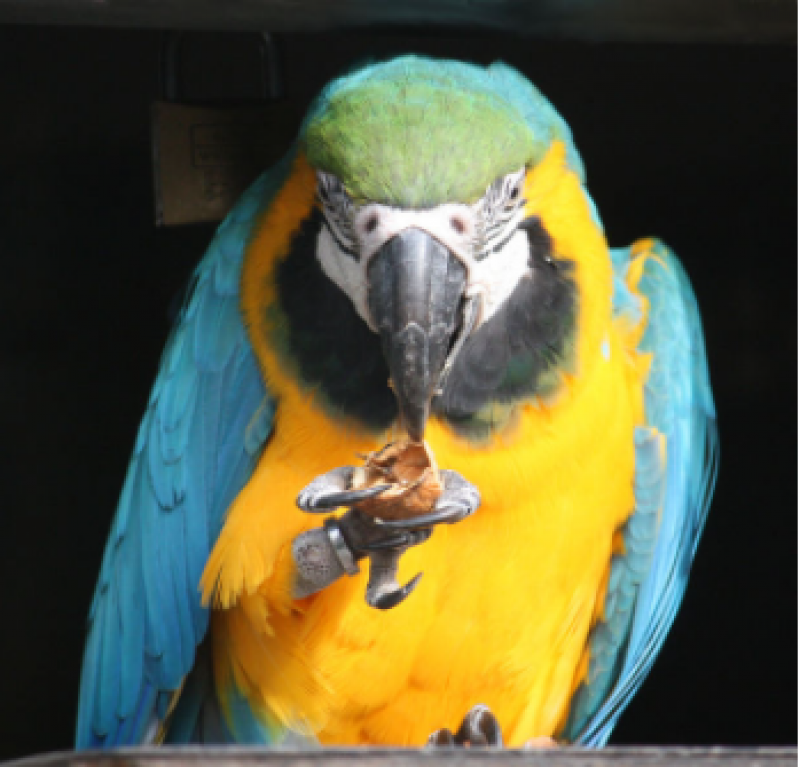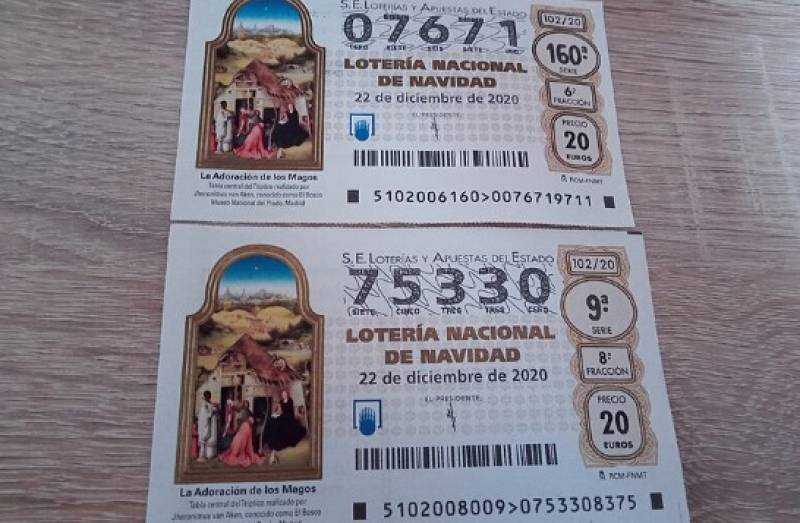- Region
- Vega baja
- Marina Alta
- Marina Baixa
- Alicante
- Baix Vinalopo
- Alto & Mitja Vinalopo
-
ALL TOWNS
- ALICANTE TOWNS
- Albatera
- Alfaz Del Pi
- Alicante City
- Alcoy
- Almoradi
- Benitatxell
- Bigastro
- Benferri
- Benidorm
- Calosa de Segura
- Calpe
- Catral
- Costa Blanca
- Cox
- Daya Vieja
- Denia
- Elche
- Elda
- Granja de Rocamora
- Guardamar del Segura
- Jacarilla
- Los Montesinos
- Orihuela
- Pedreguer
- Pilar de Horadada
- Playa Flamenca
- Quesada
- Rafal
- Redovan
- Rojales
- San Isidro
- Torrevieja
- Comunidad Valenciana
article_detail
Date Published: 24/01/2022
Five popular animals prohibited as pets in Spain
Certain pets are banned in Spain to protect the native flora and fauna

In 2019, the Council of Ministers updated the Spanish Catalogue of Invasive Alien Species and determined that any animal not native to Spain would from then on be considered invasive, since they run the risk of being abandoned and could represent a danger to the ecosystem.
The biggest change, however, came when the list of animals prohibited as pets in Spain was updated, to include several popular animals that were once considered quite common household additions.
The law was updated two years ago specifically to guarantee the stability of native flora and fauna by preserving the delicate balance of the environment, and does not take into account the treatment or welfare of these animals when living in homes with people.
The following animals are not allowed as pets in Spain:
Parrots
Very similar to Parakeets, parrots pose a serious threat to the survival of pigeons and sparrows in Spain, in addition to building huge nests which can weigh up to 200 kilos and damaging local fauna. In Madrid alone, it is estimated that there are around 13,000 Argentine parrots, a municipal problem that is kept under control by the highly controversial annual culling of the birds.
Hedgehogs
A common sight in gardens across the UK, hedgehogs are well known for controlling insects and other pets and are usually a welcome addition. However, pet lovers in Spain aren’t allowed to domesticate hedgehogs as they pose a serious threat to native species.
Racoons
Hollywood is to thank for the cute and fluffy image afforded to racoons in recent years, but it is actually a very aggressive animal that is hard to tame. Racoons are prolific breeders who are extremely resistant to bad weather and need little food to survive; for these reasons, in the absence of suitable predators, racoons are capable of effortlessly modifying Spain’s ecosystem.
Vietnamese pigs
Averaging at just 36 centimetres in height, the popularity of these pint-sized porkers as domestic pets has skyrocketed in the past decade. However, keeping a Vietnamese pot-bellied pig as a pet in Spain is strictly prohibited, as when they make their way into the wild, either by escaping or through abandonment, they breed freely with wild boars. The resultant species, known as perrolí, greatly dilute the native bloodlines and their huge numbers decimate the local fauna.
Lovebirds
Also a very popular pet because of their colourful plumage and small size, lovebirds are on the prohibited pet list not only to conserve the Spanish flora and fauna, but also because many of the species are coming close to being in danger of extinction. In addition, the rule is in place to avoid the capture of live birds and breeding them with other varieties, thus posing a danger to the gene pool.
Image: Archive
staff.inc.ali
Loading
Sign up for the Spanish News Today Editors Roundup Weekly Bulletin and get an email with all the week’s news straight to your inbox
Special offer: Subscribe now for 25% off (36.95 euros for 48 Bulletins)
OR
you can sign up to our FREE weekly roundup!
Read some of our recent bulletins:
Discount Special Offer subscription:
36.95€ for 48 Editor’s Weekly News Roundup bulletins!
Please CLICK THE BUTTON to subscribe.
(List price 3 months 12 Bulletins)
Read more stories from around Spain:
Contact Murcia Today: Editorial 000 000 000 /
Office 000 000 000


























